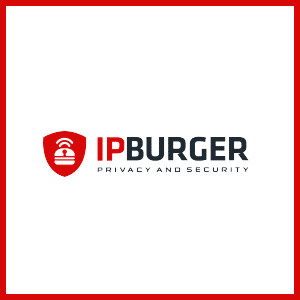Browsers are the most useful tools you can use to access the internet and the world wide web in general. They directly connect us to the rest of the internet resources and users and hence they also form a primary portal where malware can propagate to our devices. To minimize the risk of malware and other cybercriminal threats, the best practice is to ensure your browser is secure. A browser’s security also goes hand in hand with the recommended privacy levels. Although one cannot achieve absolute privacy, here are some tips to ensure that both you and your browser’s privacy is not compromised.
Comprobar la configuración de privacidad
Most browsers have privacy settings where you can adjust and set the appropriate measures. Privacy settings in browsers are about tracking and content blocking. For best privacy practices, ensure you have blocked trackers and third-party cookies especially those that have tracking codes. By doing this, you will also realize that your browser’s web performance will increase. Another alternative is to enable tracking protection. When activated, this feature will automatically block anything that wants to track your online activities on web pages.
Aún así, en cuestiones de privacidad, también puedes configurar qué detalles quieres que se sincronicen entre tus dispositivos, como contraseñas, etc.
 Active las funciones de seguridad de su navegador
Active las funciones de seguridad de su navegador
Además de las funciones de privacidad, muchos navegadores incorporan mecanismos de seguridad que puedes utilizar para protegerte de contenidos engañosos, sitios de ataque, phishing y malware. Este mecanismo le avisará de descargas peligrosas e incluso de software no deseado. Funciona cotejándolo con una lista de ciberamenazas y contenidos sospechosos notificados.
También puedes restringir aún más las páginas web que solicitan acceso a tu dispositivo. Puedes configurar tu navegador para que rechace las solicitudes de uso de la ubicación, el micrófono y la cámara. También puedes activar el bloqueador de ventanas emergentes, aunque a veces no funciona con eficacia.
Ir de incógnito (modo privado)
Private mode is one of the best ways to ensure your browser’s privacy is well taken care of. That’s, in private mode, all your browsing history, searches, and cookies will be deleted once the browsing session is over. This actually saves you the hassle of removing unwanted history records and even rids you the bother of cookies tracking you. However, you should know that going incognito doesn’t mean you will be anonymous. Other prying eyes such as your ISP will still be able to see what you are doing online.
 Utilizar una VPN
Utilizar una VPN
This is the ultimate solution that will ensure both your security and online privacy are well taken care of. We recommend IPBurger VPN as it is one of the best VPNs in the industry. IPBurger uses the un-hackable 256-AES encryption algorithm that ensures your internet traffic is safe from prying eyes, even your ISP and the government won’t see what you are doing. Its fast VPN protocols will also ensure you have the required speeds when surfing the internet. IPBurger VPN also offers many server locations across the globe, and hence you are at liberty to choose a server of your preference. These server locations will ensure your actual IP address is hidden and replaced with a virtual one. This is advantageous as you can unblock content and also bypass geo-restrictions while at it.
 Active las funciones de seguridad de su navegador
Active las funciones de seguridad de su navegador Utilizar una VPN
Utilizar una VPN

